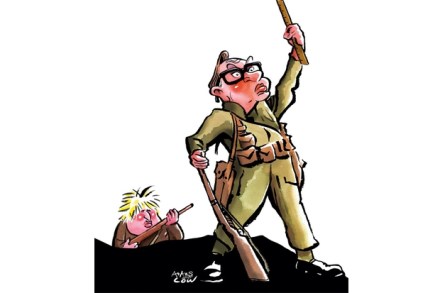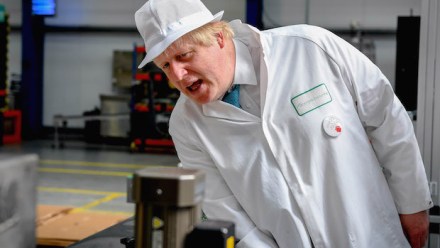Theresa May love bombs Tory MPs
The final parliamentary hustings of the Tory leadership contest has now taken place. With Theresa May assured of a place in the final two, the real interest was in whether Andrea Leadsom or Michael Gove could extract more from the occasion. Leadsom was first up, and I understand gave a better performance than she had on Monday night. She joked at the end of her speech, ‘I’m a quick learner—note I didn’t use the expression baby’s brains once’. But concerns were raised by her saying that she wouldn’t publish her tax return now but would let Tory MPs come and look at it if they wanted to. Her answer that



















